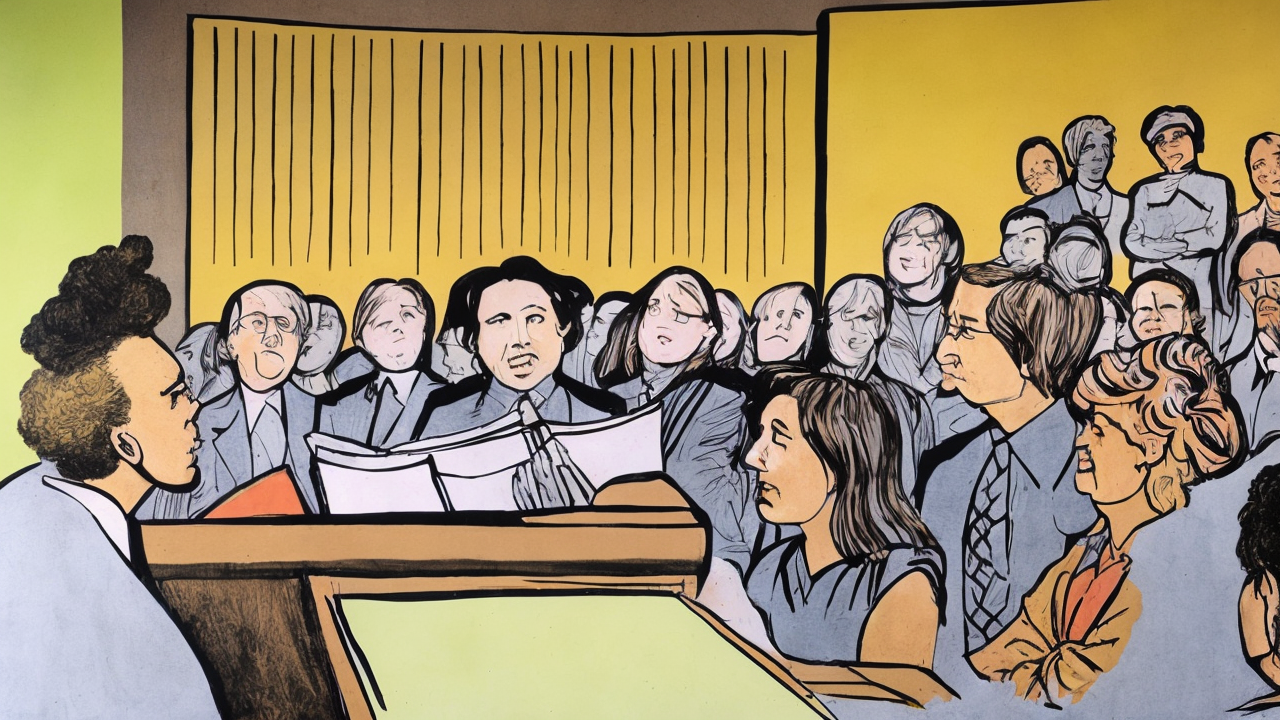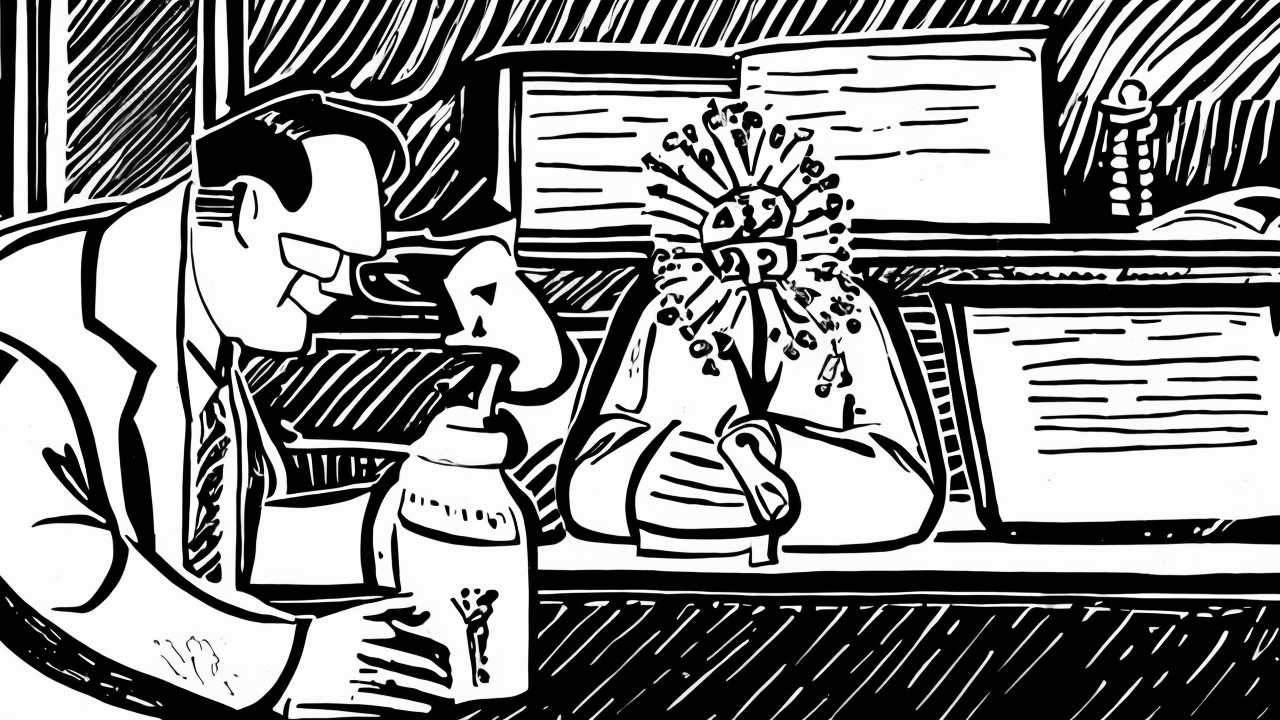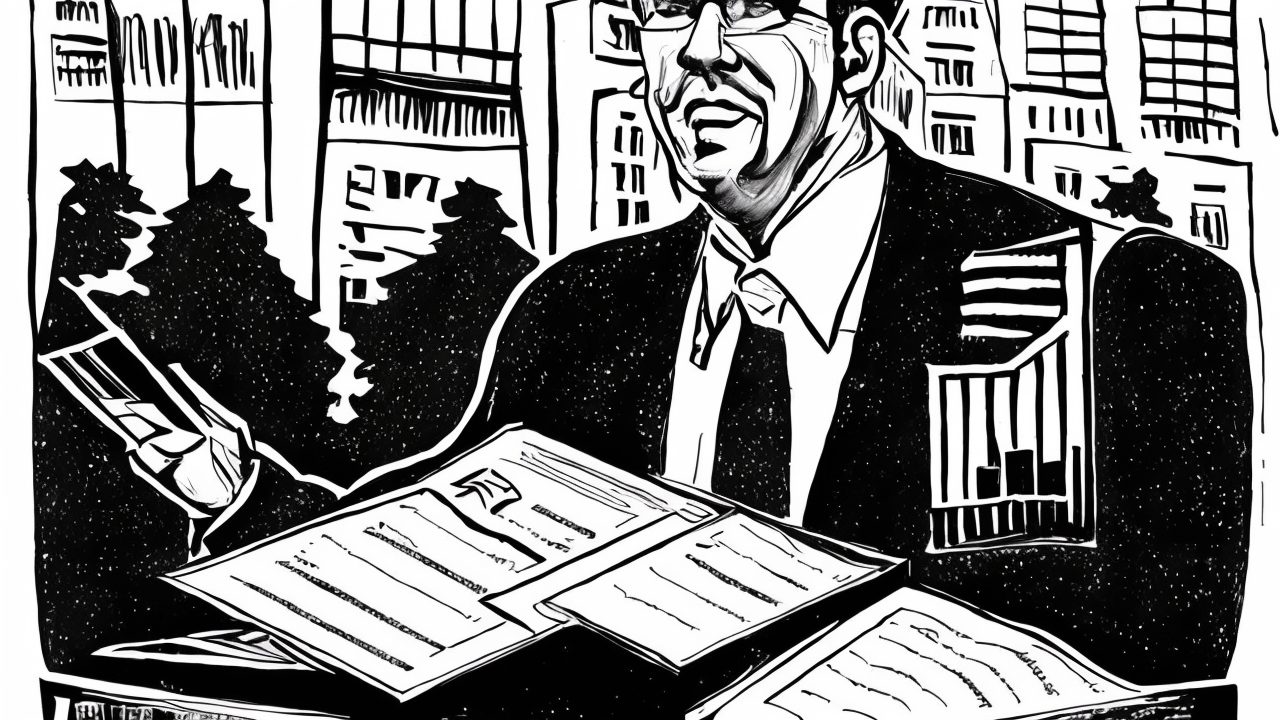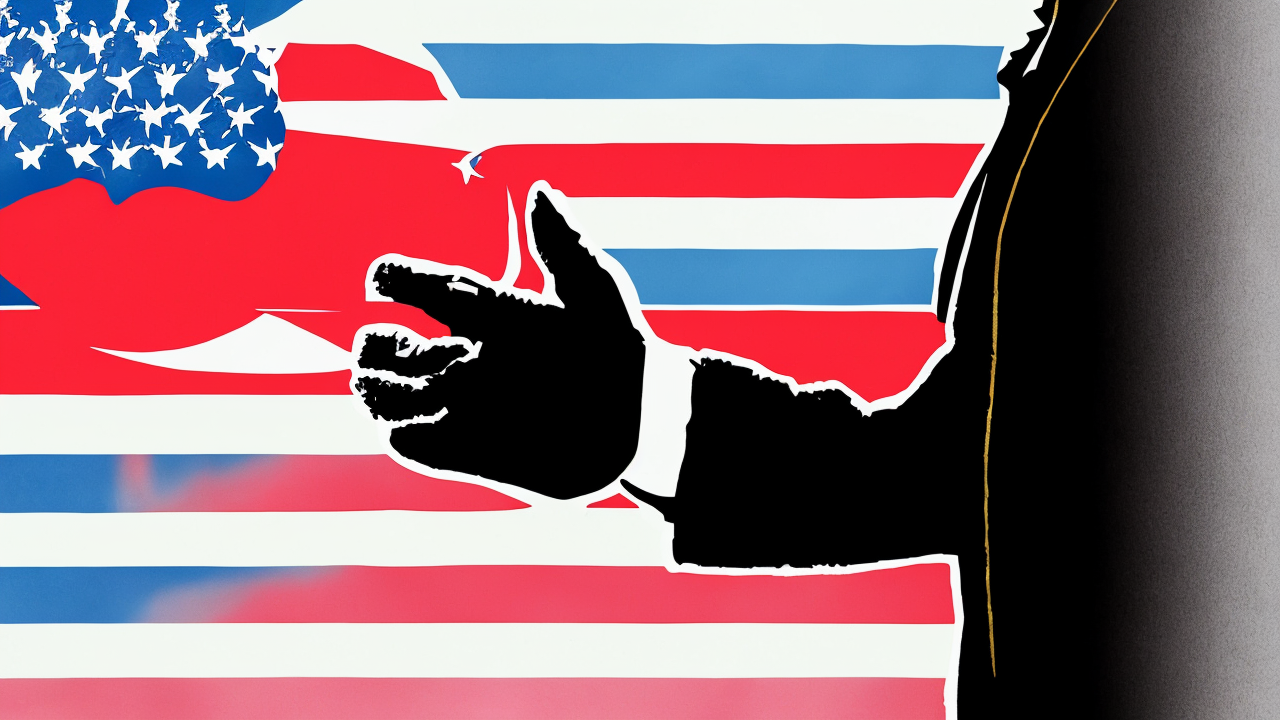Charlie Kirk's Assassination Marks the End of Open Debate in America

On September 10, 2025, the nation mourned the loss of Charlie Kirk, a young leader whose voice had become a symbol of thoughtful conservatism on college campuses and beyond. He was killed during a public debate at Utah Valley University—an event meant to encourage understanding, not violence. The attacker, reportedly motivated by radical leftist ideology, took the life of a man who had spent years promoting open, respectful dialogue. His death is not only a personal tragedy but a national moment of reckoning.
Charlie Kirk was more than a political figure. He was a student of truth, a believer in the power of ideas, and a man who consistently chose to engage with opposing views. From his early days organizing conservative student groups to becoming a national voice through Turning Point USA, he operated on a simple yet profound belief: liberty flourishes not in silence, but in honest, sustained conversation. He did not aim to dominate debates. He sought to challenge assumptions with clarity, conviction, and grace.
Yet today, that principle is under severe strain. The culture of debate that once shaped American civic life has weakened. In the past, disagreement often led to rebuttal, not retaliation. Now, political discourse has grown increasingly hostile. Many on the left dismiss dissent not as a difference of opinion, but as bigotry or hate. This shift has made public conversation feel unsafe.
Recent polling shows a troubling pattern: fewer Americans believe political conversations can be constructive. A growing majority say they feel disrespected—even when they try to be civil. Presidential debates, once seen as pivotal moments in democracy, now draw less interest. Voters cite emotional fatigue and perceived bias as reasons to disengage. When dialogue becomes performative or weaponized, it fails its purpose.
Even more alarming is the rise of political violence, particularly among younger activists on the far left. Incidents of intimidation, threats, and physical attacks on conservative speakers have surged. The murder of Charlie Kirk is not an isolated event. It is a tragic consequence of a culture that increasingly treats disagreement as a threat to existence.
This reality calls for sober reflection. The ideal of open debate, while noble, must now be balanced with realism. We must accept that not every conversation can or should happen in public—especially when lives are at risk. The idea that persuasion through dialogue alone would resolve deep divisions may no longer hold true.
But this does not mean we give up. It means we adapt. We must continue to value truth, dignity, and responsibility in speech. We must teach young people how to disagree respectfully, grounded in reason and integrity. We must strengthen communities where ideas are tested not through force, but through shared values, faith, family, and mutual respect.
Charlie Kirk’s legacy is not defined by the end of his life, but by the courage he showed in living it. He believed in the power of ideas, but also in the strength of character needed to stand for them. His death reminds us that freedom is not automatic—it is earned through vigilance, wisdom, and moral clarity.
The path forward is not retreat, but renewal. Let us honor him not by demanding louder voices, but by cultivating wiser ones. Let us build institutions—educational, civic, and spiritual—that foster not just debate, but discernment. Let us teach our children that truth is worth defending, and that the cost of silence is greater than the risk of speaking.
In a time when conversation has become dangerous, the true measure of a free people is not how loudly they speak, but how wisely, how bravely, and how faithfully they uphold what is right.
Published: 9/14/2025








